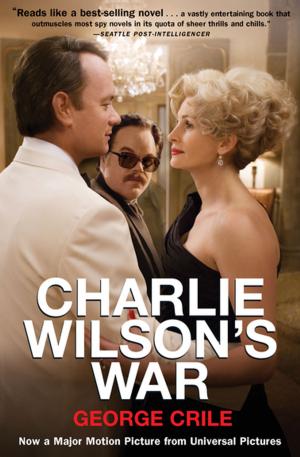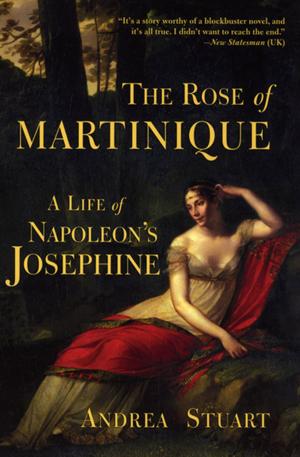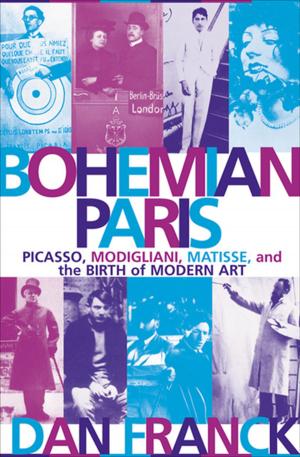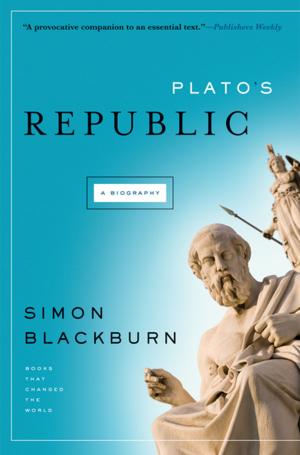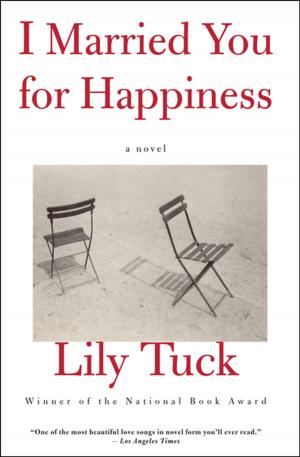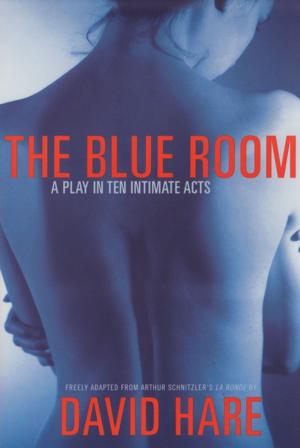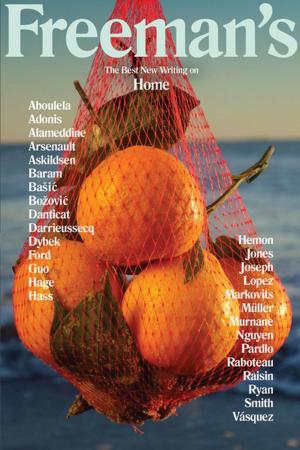The Cello Suites
J. S. Bach, Pablo Casals, and the Search for a Baroque Masterpiece
Nonfiction, Entertainment, Music, Theory & Criticism, History & Criticism, Reference| Author: | Eric Siblin | ISBN: | 9780802197979 |
| Publisher: | Grove Atlantic | Publication: | January 4, 2011 |
| Imprint: | Grove Press | Language: | English |
| Author: | Eric Siblin |
| ISBN: | 9780802197979 |
| Publisher: | Grove Atlantic |
| Publication: | January 4, 2011 |
| Imprint: | Grove Press |
| Language: | English |
An award-winning journey through Johann Sebastian Bach’s six cello suites and the brilliant musician who revealed their lasting genius.
One fateful evening, journalist and pop-music critic Eric Siblin attended a recital of Johann Sebastian Bach’s Cello Suites—an experience that set him on an epic quest to uncover the mysterious history of the entrancing compositions and their miraculous reemergence nearly two hundred years later. In pursuit of his musicological obsession, Siblin would unravel three centuries of intrigue, politics, and passion.
Winner of the Mavis Gallant Prize for Non-fiction and the McAuslan First Book Prize, The Cello Suites weaves together three dramatic narratives: the disappearance of Bach’s manuscript in the eighteenth century, Pablo Casals’s discovery and popularization of the music in Spain in the late nineteenth century, and Siblin’s infatuation with the suites in the present day. The search led Siblin to Barcelona, where Casals, just thirteen and in possession of his first cello, roamed the backstreets with his father in search of sheet music and found Bach’s lost suites tucked in a dark corner of a store. Casals played them every day for twelve years before finally performing them in public.
Siblin sheds new light on the mysteries that continue to haunt this music more than 250 years after its composer’s death: Why did Bach compose the suites for the cello, then considered a lowly instrument? What happened to the original manuscript? A seamless blend of biography and music history, The Cello Suites is a true-life journey of discovery, fueled by the power of these musical masterpieces.
“The ironies of artistic genius and public taste are subtly explored in this winding, entertaining tale of a musical masterpiece.” —Publishers Weekly
“Siblin’s writing is most inspired when describing the life of Casals, showing a genuine affection for the cellist, who . . . used his instrument and the suites as weapons of protest and pleas for peace.” —Booklist, starred review
An award-winning journey through Johann Sebastian Bach’s six cello suites and the brilliant musician who revealed their lasting genius.
One fateful evening, journalist and pop-music critic Eric Siblin attended a recital of Johann Sebastian Bach’s Cello Suites—an experience that set him on an epic quest to uncover the mysterious history of the entrancing compositions and their miraculous reemergence nearly two hundred years later. In pursuit of his musicological obsession, Siblin would unravel three centuries of intrigue, politics, and passion.
Winner of the Mavis Gallant Prize for Non-fiction and the McAuslan First Book Prize, The Cello Suites weaves together three dramatic narratives: the disappearance of Bach’s manuscript in the eighteenth century, Pablo Casals’s discovery and popularization of the music in Spain in the late nineteenth century, and Siblin’s infatuation with the suites in the present day. The search led Siblin to Barcelona, where Casals, just thirteen and in possession of his first cello, roamed the backstreets with his father in search of sheet music and found Bach’s lost suites tucked in a dark corner of a store. Casals played them every day for twelve years before finally performing them in public.
Siblin sheds new light on the mysteries that continue to haunt this music more than 250 years after its composer’s death: Why did Bach compose the suites for the cello, then considered a lowly instrument? What happened to the original manuscript? A seamless blend of biography and music history, The Cello Suites is a true-life journey of discovery, fueled by the power of these musical masterpieces.
“The ironies of artistic genius and public taste are subtly explored in this winding, entertaining tale of a musical masterpiece.” —Publishers Weekly
“Siblin’s writing is most inspired when describing the life of Casals, showing a genuine affection for the cellist, who . . . used his instrument and the suites as weapons of protest and pleas for peace.” —Booklist, starred review




